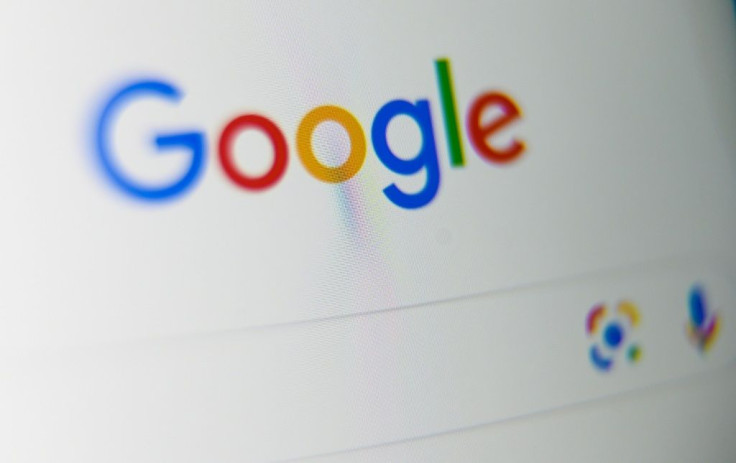Google Upsets Marketers and Advertisers After Its Decision To Phase Out Cross-site Cookies

KEY POINTS
- Third-party cookies phasing out from Chrome upsets marketers
- Advertisers need time to find new methods
- Google and marketers likely to work together to find a way out
Google had announced that it will kill website cookies sending alarm waves across marketers and advertisers Tuesday, but the marketing agencies believe that it will hamper digital businesses.
The Mountain View giant’s decision to phase out third-party cookies will badly impact the digital industry, the 4A’s, a trade body for advertising agencies, and the Association of National Advertisers said in a statement.
“It would threaten to substantially disrupt much of the infrastructure of today’s Internet without providing any viable alternative, and it may choke off the economic oxygen from advertising that startups and emerging companies need to survive,” the groups said via The Wall Street Journal.
The groups want Google to not phase out the cookies before introducing any alternative in place. Cookies help to collect information on browsing activity. Websites have first-party cookies to gather information and data from their users. But third-party cookies track user’s activity across the web. It helps to collect data that can be used for advertisement targeting.
However, third-party cookies have been shunned by other browsers due to privacy issues advocating the anti-cookies and anti-tracking stance for users.
Google will kill third-party cookies in two years. The company has assured in a blog post that they are doing this for the industry to find new techniques to meet the needs of the advertisers.
Dan Jaffe, who is the group executive vice president of the Association of National Advertisers, mentioned that their concerns were legitimate as many companies haven’t felt satisfactorily a part of Google’s action.
“Thus, we are urging Google to build a collaborative industry-wide process that involves all stakeholders, while committing to protect the current architecture for digital advertising until the industry develops and implements a viable alternative,” Jaffe said.
Google Chrome is the industry leader of the website browser market. Safari and Mozilla Firefox have implemented restrictions on cookies. It has to be seen what new methods will Google and the advertisers develop for smooth transition in the world without third-party cookies.
© Copyright IBTimes 2024. All rights reserved.





















